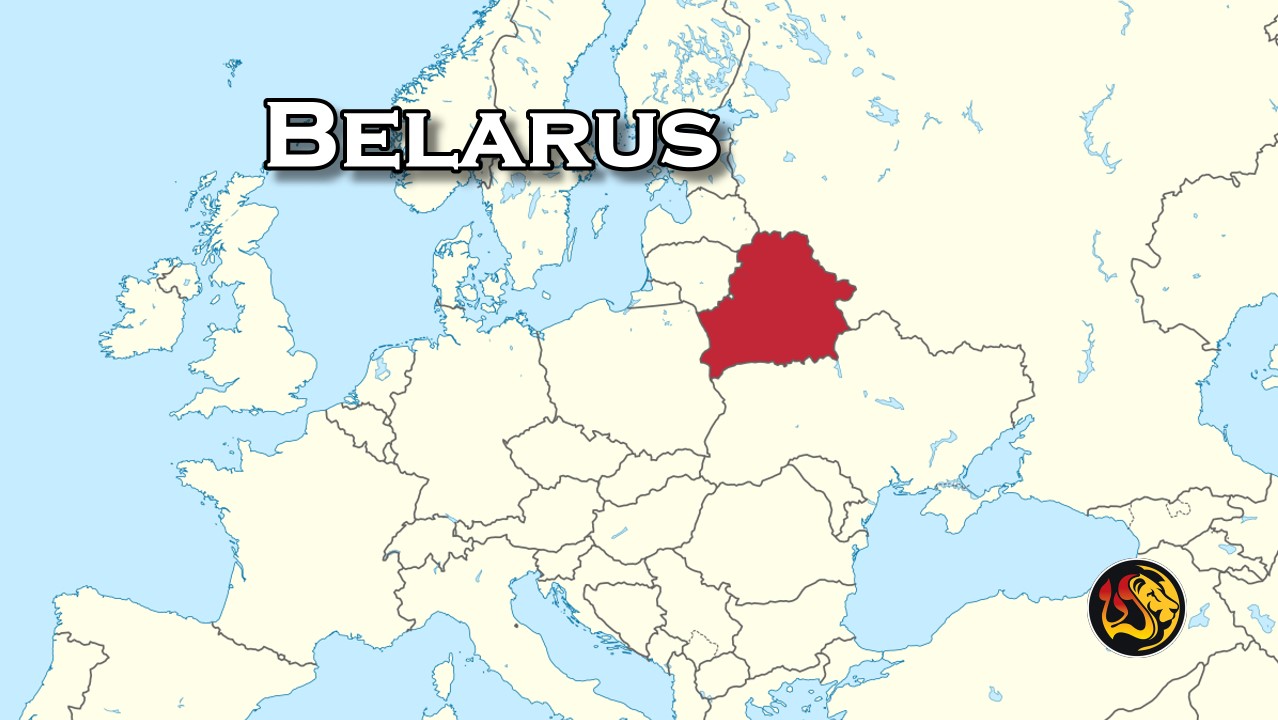By Stefan J. Bos, Chief International Correspondent Worthy News
MINSK/BUDAPEST (Worthy News) - Hundreds of priests in autocratically-ruled Belarus have been warned that state agencies are monitoring them and hundreds of religious communities.
Olga Chemodanova from the Ideology Department of the Minsk Executive Committee made the remarks at a gathering attended by over 200 priests, including from the Orthodox Church, Worthy News learned Thursday.
She was heard saying that more than 500 religious communities were being monitored.
The official warned against activities that could be perceived as political, including using "non-religious symbols,” sources involved in the meeting said.
“Her address clearly threatened any church leaders who may be considered "ideologically alien.” [The speech] was “further indicating that such leaders should expect to serve time in prison,” said advocacy group Voice Of the Martyrs Canada (VOMC) in a statement to Worthy News.
Also addressing the December 20 assembly was Religious Affairs official Aleksandr Rumak. His office was directly responsible for a new law that critics say targets devoted Christians.
The religious legislation in Belarus, already a close ally of Russia, enables authorities to deny registration and to shut down any religious organization, including churches.
To be registered, a religious group or denomination must have at least one parish that has operated in Belarus for at least 30 years, the law says.
‘EXTREMIST TERRORIST ACTIVITIES’
All denominations and groups must reapply for registration within a year. The law also prohibits those accused of involvement with what authorities deem as “extremist or terrorist activities.”
Security arguments have often been used in government crackdowns on churches and related groups in Belarus and other former Soviet nations, Worthy News documented.
Additionally, the legislation bans using “any symbols other than religious ones” in church services. It also outlaws any gatherings in churches other than for a service.
Church observers link the measures to longtime President Alexander Lukashenko’s anger over protests against his reelection in a disputed presidential election in 2020. Some Catholic and Protestant churches gave shelter and support to the demonstrators.
The government reportedly detained more than 35,000 protesters against the perceived fraudulent vote, and rights groups said thousands were beaten in custody.
Christians and others now fear that Lukashenko and his allies seek to tighten control over the entire public sphere, including churches, ahead of parliamentary elections next month and a presidential election in 2025.
Recent government threats against the main Belarusian Orthodox Church echo measures recently taken by the government to liquidate the New Life Church in Minsk, one of the largest Pentecostal churches, Christians told Worthy News.
LOSING APPEAL CASE
Though the New Life Church had appealed the government's action, a Supreme Court ruling on December 12 dismissed the appeal, supporting the actions of the Minsk City Executive Committee.
“Not only did the liquidation order come into effect that day, the court's decision also closed any future legal avenue for the church,” VOMC complained.
While the New Life Church no longer legally exists, and even its place of worship was demolished, threats of criminal prosecution continue against its pastor, Vyacheslav Goncharenko, Worthy News established.
Any future religious activities carried out by Pastor Vyacheslav or other church members could lead to fines or jail terms, Worthy News reported earlier.
VOMC said it urged Christians to “pray for Pastor Vyacheslav and the many other disappointed members of the New Life Church as they navigate this new situation” and other reportedly persecuted Christians.
A total of 3,417 faith groups were registered last year in Belarus, a mainly Orthodox nation of 9.5 million, according to official data. About 80 percent are Orthodox Christians; nearly 14 percent are Catholics, primarily residing in the country's western, northern, and central parts. The rest, about 2 percent, belong to Protestant churches, including Pentecostal congregations, the data showed.
The reported crackdown on devoted Christians and other faith groups resembles the era when Belarus was part of the Communist, Russia-led Soviet Union, which fell apart in the 1990s.

